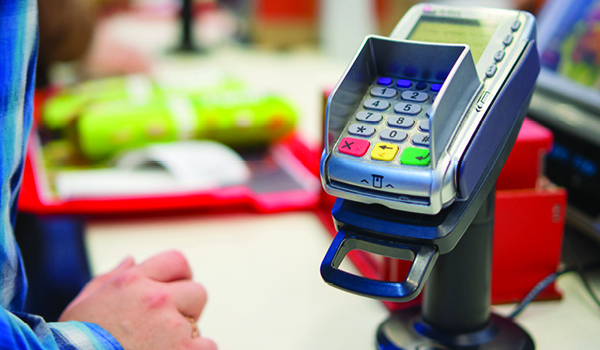With retailers being hit by high interchange fees averaging around 0.83% on customer credit card transactions plus credit card surcharges, proposals announced this week should help bring down the cost of doing business for retailers, including smaller grocery, petrol and convenience store operators.
“We are pleased to see Treasurer Scott Morrison’s statement that future credit card surcharging will need to pass a type of ‘fair dinkum test’ and urge the government to extend similar reforms to bank interchange fees,” said Kate Carnell, CEO of the Australian Chamber of Commerce and Industry.
The Australian Retailers Association (ARA) says retailers support the Financial Systems Inquiry recommendations to ensure excessive credit card surcharging is legislated and exorbitant merchant fees cause by unregulated payment systems are ceased through regulation.
ARA executive director and chair of the Australian Merchant Payments Forum (AMPF), Russell Zimmerman, said the recommendation will benefit both retailers and consumers, by allowing retailers to reduce surcharging on high cost payment systems.
The ARA believes there are flaws in the current system, the biggest of which is the lack of regulation of the plethora of high cost and new payment systems coming into the market.
American Express co-branded cards, Diners Club, China Union Pay, and Bitcoin, are not regulated, and all carry up to double the cost for retailers, as well as consumers, compared to Visa and MasterCard
As the banks are able to charge more for these cards, they are issuing more of them, placing pressure on Australian retailers to accept unregulated cards.
“The ARA and AMPF firmly believes that there is an unequal playing field, with some card systems able to decide their own pricing model and choose if they wish to allow surcharging by the merchant,” Mr Zimmerman said.
“In principle, retailers do not believe in surcharging, and in the vast majority of cases they don’t for the regulated low cost three major card schemes (including eftpos).”

